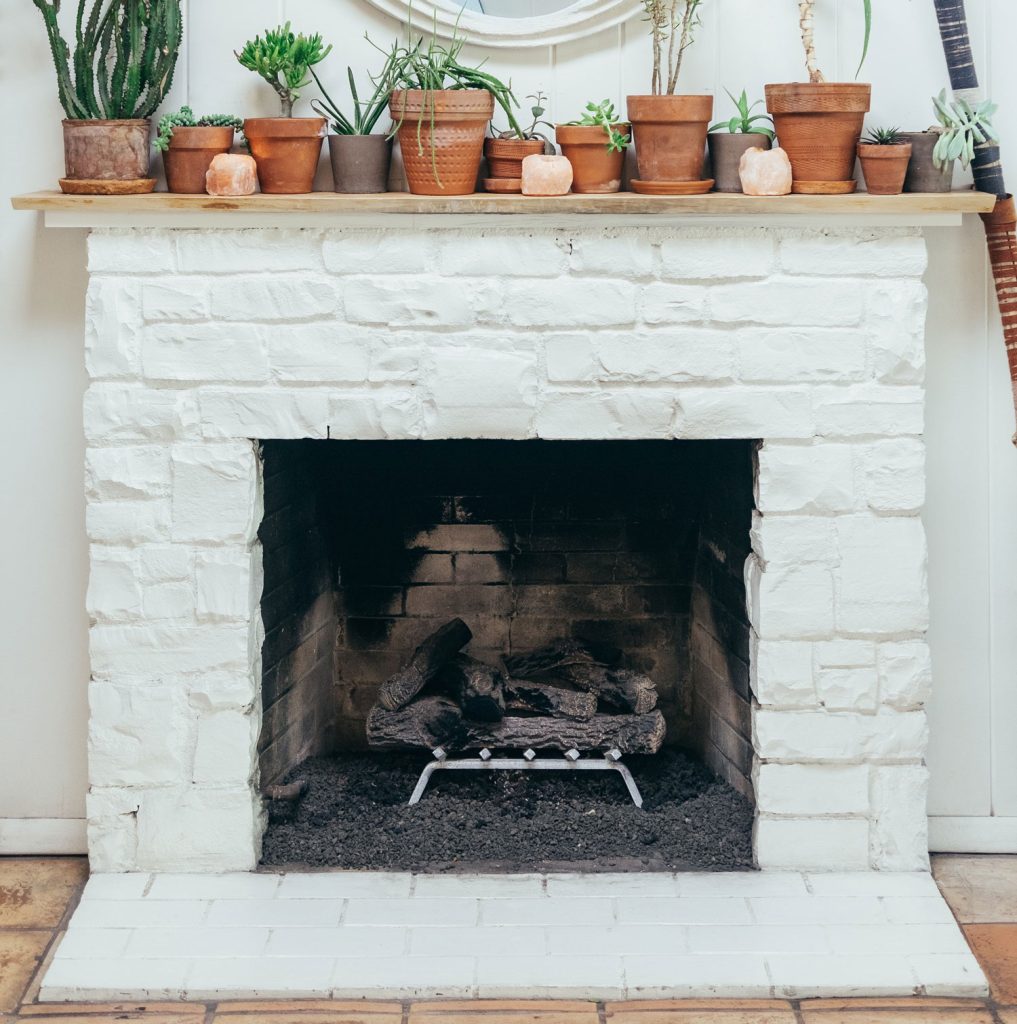Minimising fire risks in rentals year-round. A guide for landlords
As a landlord, ensuring the safety of your tenants and property is paramount. Fire hazards pose a significant risk, but with the right precautions, their impact can be greatly reduced.
From an insurance viewpoint, fires accounted for approximately 1% of the total claims we processed in 2023. Although not the most frequent type of claim, their impact is significant in terms of cost, representing 26% of the total value of claims last year. Given the potential financial and personal consequences of fires, investing in preventive measures is undoubtedly worthwhile.
Below are some practical steps you can take as a landlord to minimise fire risks, safeguarding both your tenants and investment. The leading cause of fire is kitchen fires, particularly due to unattended stoves and combustible items left while cooking.
When anyone is faced with a kitchen fire, the immediate confusion and panic can result in uncertainty about how to respond effectively. This uncertainty may cause considerable damage and could even lead to hospital visits. So, the easier you can make it, the better.
All year; Kitchen fire safety
The kitchen is a common site for fires, but you can make it safer with a few measures:
- Fire extinguishers: Ensure a fire extinguisher is available in the kitchen and make your tenants aware of its location and how to use it. It’s best placed within easy reach, such as in a cupboard that’s accessible or mounted on the wall close to the cooking area.
- Choosing the right type of fire extinguisher: It’s worth noting that not all fire extinguishers are suitable for all types of fires – especially oil fires common in kitchens. Opt for an extinguisher with an F or B rating, designed for grease, cooking oil and fat fires, to ensure effectiveness. Learn more about fire extinguishers
- Provide a fire blanket: A fire blanket is an invaluable tool for smothering fires. It’s a good idea to have one easily accessible in the kitchen, offering tenants a quick solution to douse flames before they spread.
- Carbon monoxide monitors: They detect harmful gas from appliances, serving as an early warning to prevent fires. Their ability to sense invisible, odourless carbon monoxide can stop potential fires, ensuring the safety of home occupants.
It’s also important to note the impact of placing hot pots directly on wooden or laminate benchtops. Doing so can lead to significant damage, leading to costly repairs and labour. Ideally, stone or stainless steel benchtops offer greater resistance to heat, but these materials might not always be feasible in rental properties, where laminate or wooden benchtops are more common. Although not an immediate fix, considering more heat-resistant materials during renovations could mitigate future damage and maintenance costs. This foresight can enhance the longevity and appeal of your rental property’s kitchen.
Summer; Outdoor cooking precautions
BBQs are ideal for bringing people together, yet they can pose a risk of fire if not handled with care. Although you may not directly influence how your tenants use BBQs, you can oversee certain precautions during property inspections. Should the BBQ appear to be in poor condition, it’s wise to discuss its maintenance with your tenants. A gentle reminder about the measures they can adopt to maintain their household’s safety would be beneficial:
- Regular Cleaning: Ensure that BBQs are thoroughly cleaned after use. Grease and fat build-up can ignite, posing a fire risk. There’s not always efficient absorbent material in the drip tray and once the BBQ reaches a hot enough temperature, this can lead to them spontaneously igniting. Gas can be turned off, but the fire will keep going because it has more than enough fuel to keep going with the build-up of fats and oils.
- Safe Placement: BBQs should be kept at a safe distance from the property. This will prevent potential fires from spreading to the structure itself.
Winter; Fireplace safety
Fireplaces add warmth and ambience but require careful handling of embers:
- Use Metal Buckets: Never place fire embers in plastic containers. Always use a metal bucket to prevent unintended ignition.
- Install Fire Guards: Sparks can easily escape from fireplaces. A fire guard can help contain these sparks, reducing the risk of fires.
Smoke Alarms
Smoke alarms offer a crucial defence against fires, offering early detection that can save lives and property. Ensure that:
- Smoke alarms are installed throughout the property.
- Batteries are checked regularly and replaced as needed.
- Tenants are aware of the smoke alarm testing routine.
Final thoughts
By taking these steps, you not only minimise the risk of fire in your rental properties but also demonstrate a commitment to the well-being of your tenants. Take preventive measures, such as inspecting fireplaces and managing barbecue safety. Regular maintenance, combined with the right fire safety equipment and tenant education, can significantly prevent fires.
OTHER ARTICLES OF INTEREST
- Is my house insured for fire?
- Guide to landlord insurance
- When can I hold my tenant responsible for damage?
